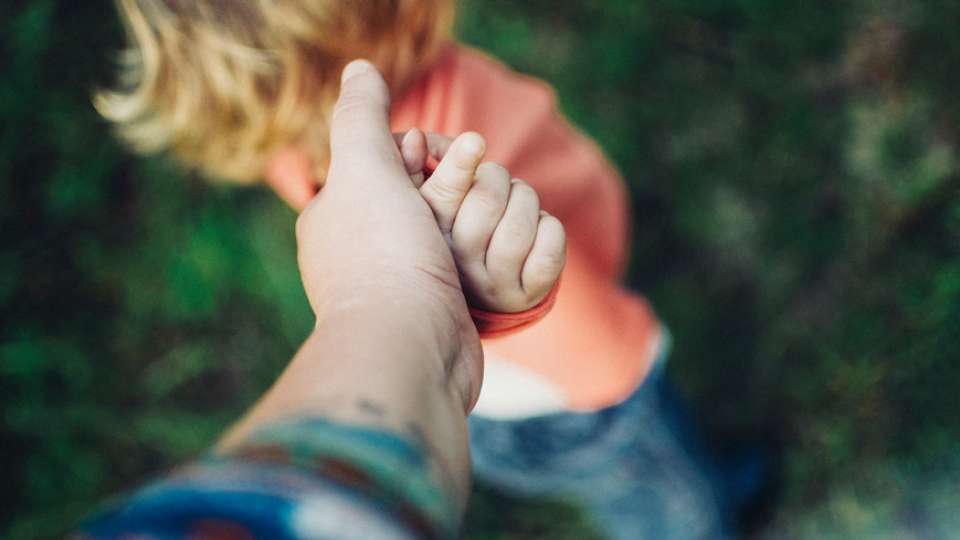
When it comes to foster care, stereotypes, misconceptions and unspeakable stories abound.
“Foster care gets a bad rap,” acknowledges Georganna Sedlar, Ph.D., a clinical psychologist at the Foster Care Clinic at Harborview Medical Center, which is set up to provide integrated medical and psychological assessments tailored to the needs of children in the foster care system. “But there are lots of amazing foster families out there, families doing a lot of good things for kids.”
And more amazing foster families are needed. There are 10,000 kids in foster care in Washington state and over 400,000 nationally. The demand has been on the rise for years, largely due to a combination of decreased state funding and increasing numbers of parents falling prey to opioid addiction and unable to properly care for their children.
Foster kids can teach you a thing or two about resilience
Given the traumas, upheavals and instability foster children have endured, it’s not surprising that they might sometimes behave in ways that aren’t perfect. While it’s true that some will continue to struggle throughout their lives, many kids who have been in the foster care system go on to be well-adjusted, successful adults.
Kari Gillenwater, M.D., a pediatrician at Harborview’s Foster Care Clinic, agrees. “Families go through really hard things, and it helps to see the beauty of how resilient kids are and how much love and care people can give to each other—the parents and the kids both.”
Think foster parenting might be for you?
Successful foster parents tend to have a few things in common:
- They’re moved by a strong desire to help kids in need and are eager to advocate for their children.
- They’re willing to seek out and use support services and learn new parenting techniques.
- They lead with patience, understanding and compassion and remember not to take their children’s behavior personally.
- They take time to understand the challenges their children have faced and never fall into the trap of thinking they are “damaged beyond repair.”
As with all things parenting-related, flexibility, a robust support network, and a strong sense of humor go a long way as well.
You can imagine how important it is for more people step up and become foster parents. It’s a chance to make a profound difference at a critical point in a child’s life, a chance to show them what it means to be in a stable, caring, safe family. And at the same time, you’ll be expanding your own sense of community, humanity and love.
“Research has shown that if you have one caring adult for a child—just one—that child can succeed,” says Gillenwater. “In the clinic we see this happening, and it’s a beautiful, amazing thing.

 Healthy ideas for your inbox
Healthy ideas for your inbox





